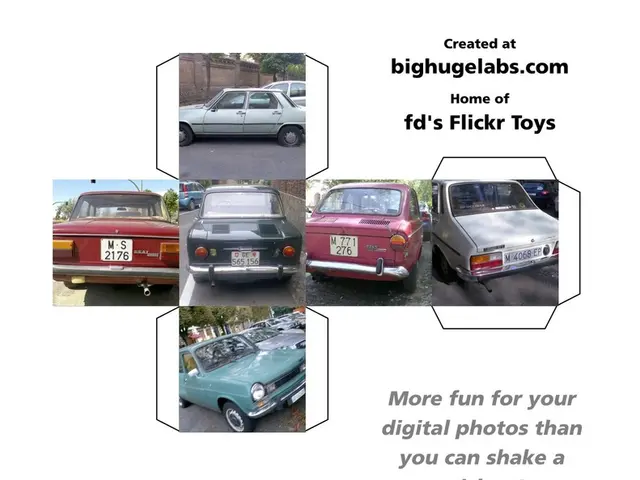Strategies Advanced by GSMA to Enhance Connectivity and Bridge Digital Divides in DRC Discussed
The Global System for Mobile Communications Association (GSMA) has released a study titled "Driving Digital Transformation in the DRC: Opportunities, Policy Reforms and the Role of Mobile." The report highlights the central role of the mobile sector in the Democratic Republic of Congo's (DRC) national growth and development.
According to the study, further digitalization could significantly boost the agriculture, mining, and services sectors in the DRC. However, the report also notes multiple barriers to the sector's growth, including low broadband coverage, high device costs, slow implementation of the government's Plan National du Numérique Horizon 2025, and a complex regulatory framework.
The mobile sector already contributes around 8% of the DRC's GDP, with nearly 70 million mobile subscriptions recorded by mid-2025. The telecoms industry significantly contributes to government revenues as well.
To address these challenges, the GSMA has proposed several policy recommendations. These include simplifying the tax regime to promote investment in the DRC, reducing sector-specific taxes, and improving transparency and regulatory stability to boost investor confidence. Expanding access to electricity is another policy recommendation to lower the cost of operating telecom infrastructure.
The GSMA also urges digital transformation to be prioritized in the DRC's national planning under the Plan National Stratégique de Développement 2024-2028. They recommend leveraging the Universal Service Fund, which has remained inactive despite years of operator contributions, to extend coverage in rural and remote areas.
Private-sector initiatives are also playing a significant role in digital transformation in the DRC. Airtel, Africell, and Vodacom are all implementing digital education programs and digital training centres designed to foster entrepreneurship. For instance, Vodacom's Moloni agritech platform is helping to build local skills and foster entrepreneurship in the agriculture sector.
The study also predicts that by 2029, increased digitalization could generate millions of new jobs and up to CDF 3,000 billion in additional tax revenue. The GSMA's report underscores the importance of accelerating the DRC's digital transformation through investments in infrastructure, digital skills development, and fostering an enabling policy environment.
In 2021, the International Telecommunication Union (ITU) published a detailed study on the digital economic growth of the Democratic Republic of Congo, recommending the acceleration of the country's digital transformation. The GSMA's study builds upon this, providing a comprehensive analysis of the opportunities and necessary reforms for accelerating digital transformation in the DRC.








